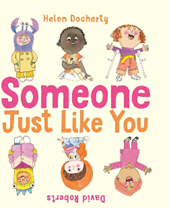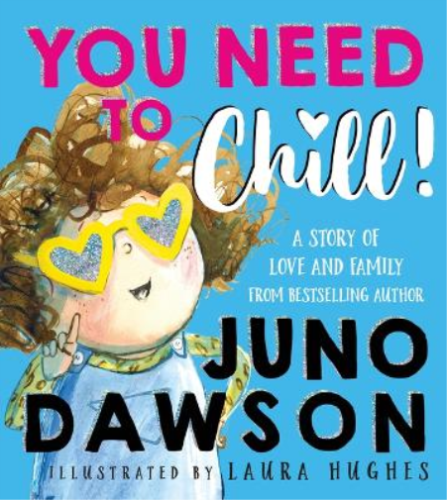To the other side by Erika Meza
This is a super story. I love the way the story begins as a game but there is a gradual realisation both for the characters in it and the reader, that this is not a game; it’s very real. It’s a wonderful, age-appropriate way to explore refugee awareness in KS2.
Lesson plan aimed at Y4-6
|
Text: To the other side
by Erika Meza |
|
Enquiry question: What are your dreams? |
|
Starter: Look at the cover
of the book; what do you see? What first impressions do you have of this book
and its subject matter? How do you think the
children in the picture are feeling? Why do people wear masks, what are the
children standing behind? Any other predictions for the story? |
|
Main: Read “The other
side” by Eriks Meza stop after the characters sit on a fence and discuss what
they might win and discuss: -
Is this really a game? What’s going on here, what clues
are there to help us understand what is really happening? -
Why does the sister say it’s a game? -
Why use masks? -
Why do you think the author chose to make the masks
colourful on characters that were black and white? -
“A line. Ants slowly crossed it” why include this line? -
Consider the prizes people wished for - why does no one ask for money? Read to the end of
the story and discuss: -
Are the monsters really there? What do the monsters
represent? -
Why are there only a few left by the end? -
The writing on the wall says “Tambien de este lado hay
suenos” What do you think it might
say? (the translation is “Also on this side there are dreams” why choose
those words? -
Why didn’t it feel like they had won when they got to the
other side, why are the monsters still there? -
Study the image at the end, what happens, how do the
monsters disappear? |
|
Activity: Read the words from
child refugees at the back of the storyHow are those children’s lives
different to yours? Could you make friends if they came to our school? Could
you find things you had in common? What if their language was different to
yours, how would you communicate, how would you avoid appearing like one of
the monsters in the story? I remember a
conversation in my own class a couple a years ago when a discussion about
refugees came up after the class watched an episode of Newsround. Some of the
children were excited about the idea of bombs going off and seeing people
with guns; one child said to the class, “It would be exciting!” a boy in the
class had joined at the start of the year after travelling from across the
world, although I never heard him talk about his experiences. In this
conversation he suddenly spoke up; “It’s not exciting.” The class went very
quiet, and I asked the boy if he wanted to tell us more. He put his head
down, and after a pause he said, “Guns are not exciting. And people think
when you are a refugee you come to a country and that’s it. But that’s not
it. You arrive and you try to learn the language and you have to get a job
and then you have to travel to a different country and try to learn a new
language and get a job and then you travel again and again. It’s not
exciting.” This little snippet
of conversation opened up all our eyes to some of the things our friend, a
ten year old boy in our class, had witnessed, and I have no idea what other
things he witnessed that he chose not to share. I think the activity
for this book should be a reflection on the experiences of others and a
commitment as a class to make sure everyone here feels welcome, whoever they are
and however they got here. If you are in our class, you belong here. You might want to
show the children bit of this film, you can hear the boy I talked about above
at the end of this short video, around 9:20. His speech is read out by his
friend, and you can hear his voice come in half way through. You could show
that segment of this film and talk about how this child was made to feel
welcome at my school, and consider how they would feel if they had come to
your school. Would they feel the same way? Green
Meadow School "Speak Up Speak Out" No Outsiders and Oracy 2023
(youtube.com)
|
|
Plenary: Revisit the enquiry
question: why do you think this question was chosen for this lesson plan?
What have we learned in this lesson? Would you change the enquiry question/
LO? |
No Outsiders: We belong here by Andrew Moffat
www.no-outsiders.com



Comments
Post a Comment